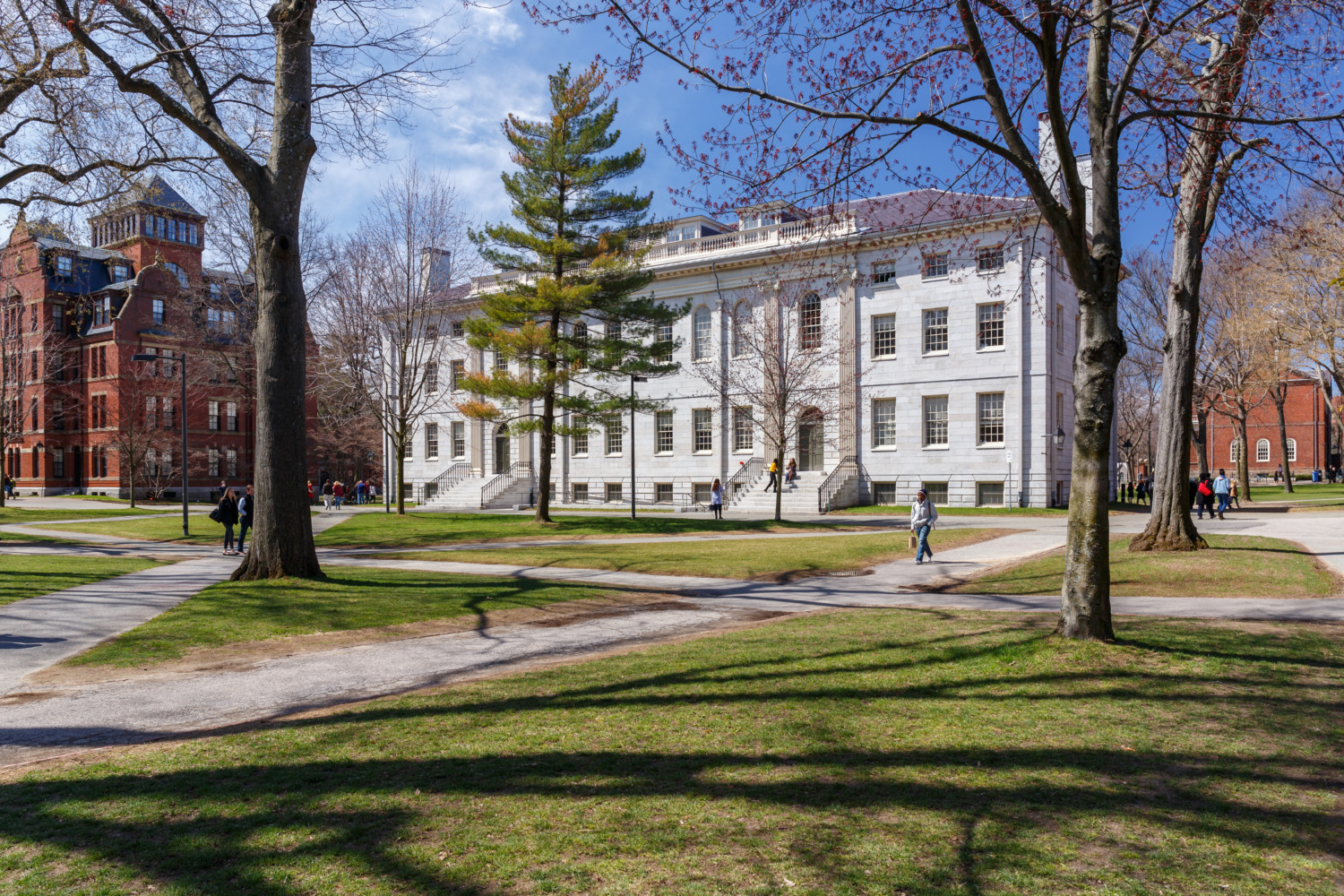In 2019, Harvard University’s president, Lawrence Bacow, announced the creation of a committee to research and address the school’s ties to slavery. The initiative included representatives from all the schools on campus.
The committee shared its findings in a report on April 26, showing that Harvard’s ties to slavery extended beyond abolition in Massachusetts and through the pre-Civil War period. The university is now pledging to set up a $100 million fund to fulfill the committee’s recommendations.
Legal scholar, historian and dean of Harvard’s Radcliffe Institute for Advanced Study Tomiko Brown-Nagin, who led the study, said that the comprehensive report outlines three fundamental ways the school is linked to slavery:
- Harvard leaders, faculty and staff enslaved more than 70 people of African and Native American descent;
- Harvard benefactors had extensive financial ties to the slave trade; and
- Harvard leaders have defended the institution of slavery, supported racial segregation and promoted racial hierarchy and discrimination, even into the 20th century.

“I am aware that the history we trace in this report is deeply troubling,” Brown-Nagin told the Harvard Gazette. “But it would be a great disservice to our community if the only message that we took away was one of shame. We must acknowledge the harm that Harvard has done. But it is also important that we do not — as has been done in the past — bury stories of Black resistance, excellence and leadership. These women and men are also part of our history — also part of our legacy.”
Harvard presented a short film introducing the first phase of the initiative’s work in the context of the faculty committee’s recommendations for action. You can watch the film via the YouTube video below.
“For too long, Harvard has ignored these painful truths,” Bacow and Brown-Nagin wrote in the Washington Post. “But no more. Today, we mark a new chapter by releasing a report that extensively documents the university’s entanglements with slavery and its legacies.”
Harvard shared a link to the report on Twitter.
“The report on Harvard & the Legacy of Slavery documents Harvard’s ties to slavery — direct, financial, and intellectual — and offers seven recommendations that will guide the work of reckoning and repair,” the school tweeted.
The report on Harvard & the Legacy of Slavery documents Harvard’s ties to slavery—direct, financial, and intellectual—and offers seven recommendations that will guide the work of reckoning and repair https://t.co/OBh50LG54h
— Harvard University (@Harvard) April 26, 2022
“Harvard pledges to draw on its expertise in education to confront continuing inequities — tangible legacies of slavery — affecting communities in the United States and in the Caribbean, to which New England’s slavery economies were closely tied,” Bacow and Brown-Nagin wrote in the Washington Post. “We will fund this work with a commitment of $100 million, including an endowment to support these efforts in perpetuity.”
Recommendations in the report include:
- Supporting descendant and Native American communities by partnering with schools, community colleges, tribal colleges, universities and nonprofit organizations to provide and improve educational opportunities;
- Establishing an endowed Legacy of Slavery Remembrance Project to support the university’s reparative efforts;
- Collaborating with Black colleges and universities;
- Increasing research and curricula to honor and memorialize the enslaved people; and
- Establishing a system to ensure institutional accountability.
“All American institutions have before them the opportunity to participate in a bold reimagining of our nation, characterized by investment in human potential and a renewed commitment to the ideals of our nation’s founding,” Bacow and Brown-Nagin wrote in the Washington Post. “We can never fully remedy the incalculable damage caused by America’s ‘original sin.’ But we have the ability and the responsibility, in [W.E.B.] Du Bois’s words, to do ‘great and beautiful things.'”
This story originally appeared on Simplemost. Checkout Simplemost for additional stories.


